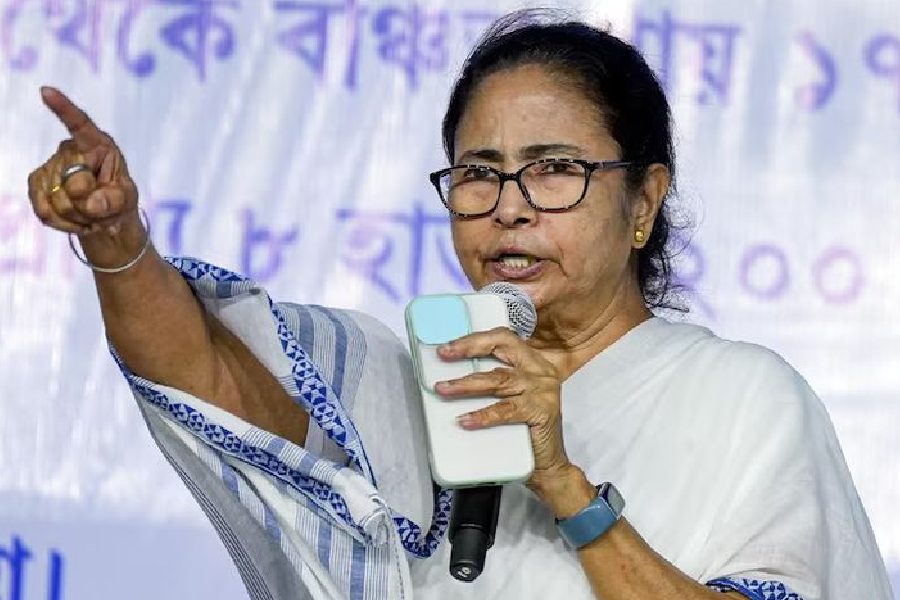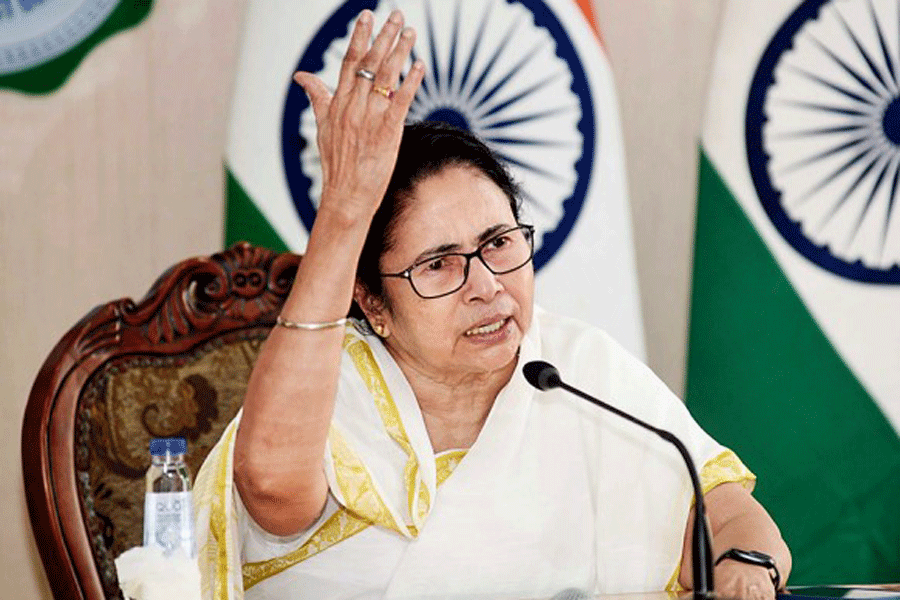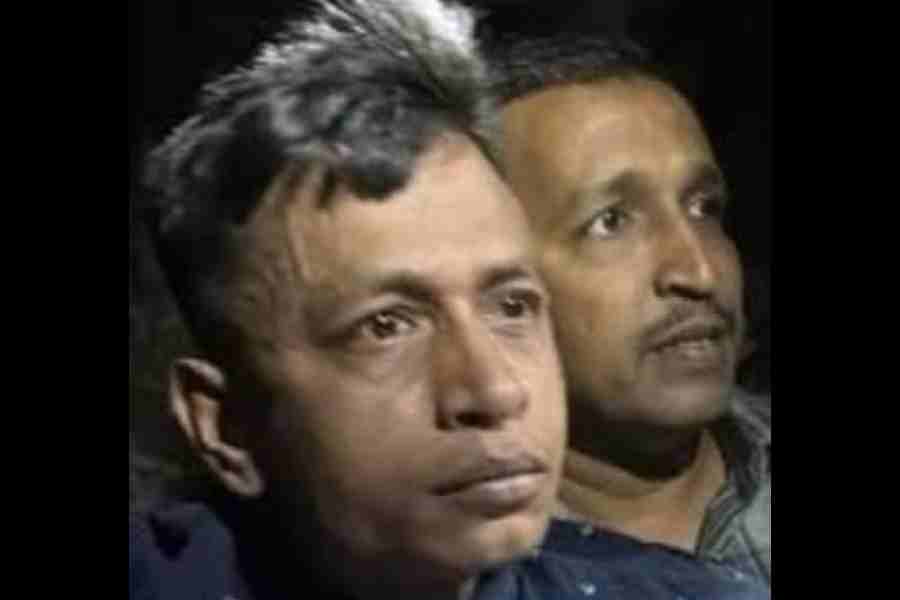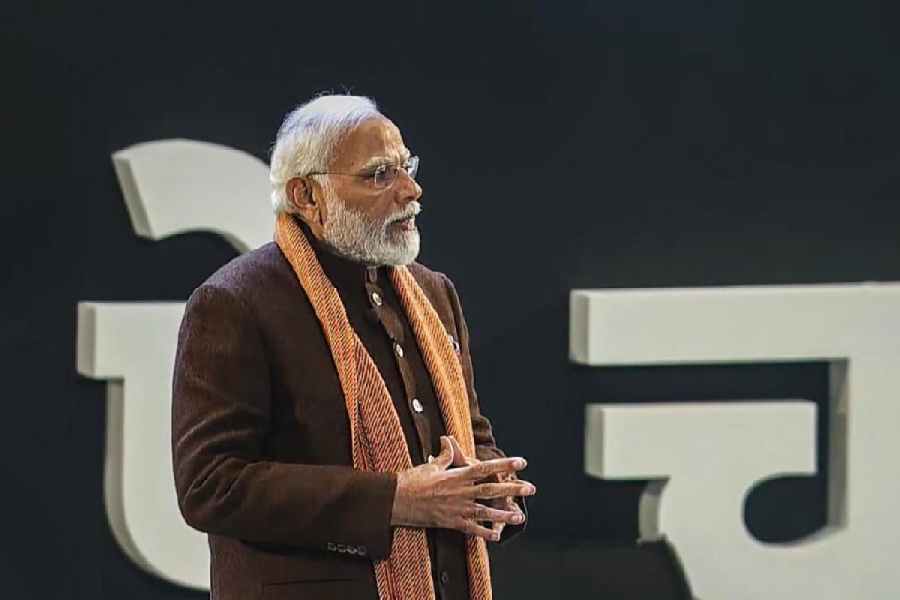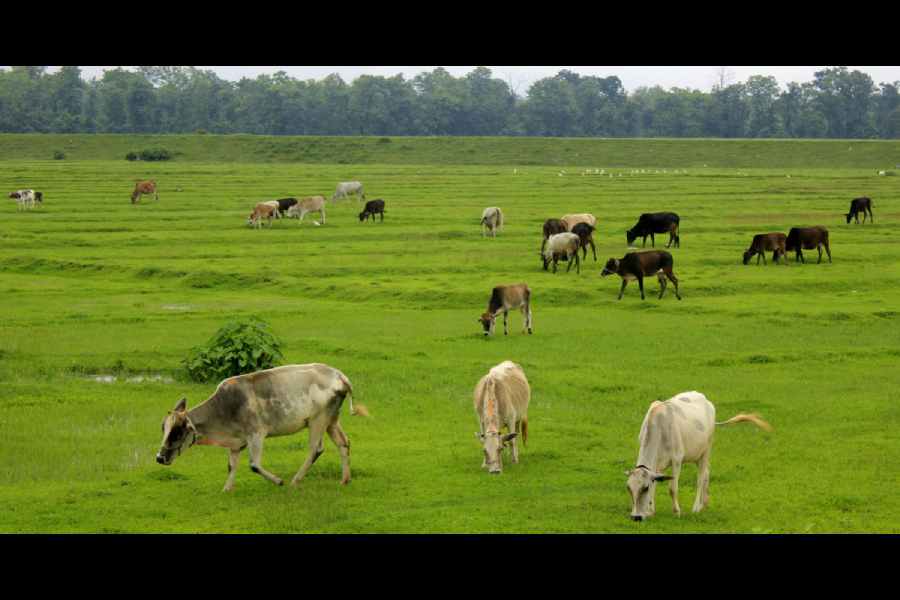Mamata Banerjee on Wednesday announced a series of benefits for state government employees, which include better promotional opportunities, increased cashless benefits under the health scheme and perks for SSK (Sishu Siksha Kendras) and MSK (Madhyamik Siksha Kendras) teachers.
The announcement came during the chief minister’s meeting at Nabanna with representatives of employees’ unions allegiant to the Trinamul Congress. The benefits were declared at a time when a section of employees of state government and state-aided institutes was carrying out an agitation demanding due dearness allowance.
The state government changed its Modified Career Advancement Scheme (MCAS) and made it clear that the employees would now get assured promotions in eight years, 15 years and 24 years of their service life.
Earlier, the assured promotions were granted in eight years, 16 years and 25 years of the service life.
Moreover, the limit of cashless benefits under the West Bengal Health Scheme had been enhanced to Rs 2 lakh from Rs 1.5 lakh.
A series of benefits was announced for nearly 70,000 teachers at MSKs and SSKs, which are run by the school education and minority affairs departments in remote areas.
The SSK and MSK teachers will get an assured increment of three per cent annually and a one-time payment of Rs 3 lakh on retirement.
Sources said the benefits announced for the SSK and MSK teachers were very important considering that panchayat polls were approaching. These teachers are very influential as they teach at villages where formal schools are not available.
“The ruling establishment is clearly trying to reach out to them ahead of rural polls. The move can be considered to be a smart one,” said a source.
Sources said the announcement was important from the perspective of the ruling establishment as a section of employees was continuingagitation demanding due DA.
“The government employees will play an important role in holding the panchayat polls. If their grievances are not redressed, it may backfire for the ruling party, as the teachers of state-aided schools play the role of opinion leaders in rural areas. The chief minister apparently tried to pacify them with the available resources the state government has,” said a senior official.
A section of the officials said that state government employees were getting 38 per cent less DA compared to central government employees.

